
Hillary Clinton is one of the most prominent political figures of the modern era, known for her extensive career as a lawyer, First Lady, U.S. Senator, Secretary of State, and the Democratic Party’s 2016 presidential nominee. As the first woman to secure a major party’s nomination for president, she has been celebrated as a trailblazer. However, her career has also been mired in controversies, criticism, and polarizing public perception, with detractors questioning her authenticity and leadership style.
Early Life and Education
From Middle America to Ivy League Success
Hillary Diane Rodham was born on October 26, 1947, in Chicago, Illinois, to a middle-class family. Raised in a conservative household, she later embraced progressive politics during her time at Wellesley College, where she became active in student leadership.
Hillary went on to attend Yale Law School, where she met her future husband, Bill Clinton. Her academic achievements and early interest in civil rights law set the stage for a career dedicated to public service, although some argue her later political decisions did not always align with these early ideals.
Rise to Prominence
Role as First Lady of Arkansas
Before entering the national stage, Hillary served as the First Lady of Arkansas, balancing her legal career with her role as a political partner to Bill Clinton. She advocated for education reform and children’s healthcare, earning respect for her intelligence and dedication.
First Lady of the United States (1993–2001)
As First Lady during Bill Clinton’s presidency, Hillary broke traditional molds by taking an active role in policymaking. Her ambitious attempt to reform the U.S. healthcare system in 1993 was met with fierce opposition and ultimately failed, marking one of the first significant blows to her political career.
Critics argue her tenure as First Lady also highlighted a pattern of secrecy and controversy, particularly in her handling of issues such as Whitewater, her role in dismissals at the White House Travel Office, and later her defense of Bill Clinton during the Monica Lewinsky scandal.
U.S. Senate Career (2001–2009)
A Focused Legislative Agenda
Elected as Senator from New York in 2000, Hillary Clinton used her time in office to build a reputation as a pragmatic legislator. She supported post-9/11 recovery efforts and worked on healthcare, education, and economic issues.
Controversial Votes
Her 2002 vote to authorize the Iraq War remains a significant point of criticism, with progressives citing it as evidence of her hawkish foreign policy stance. While she later expressed regret for the vote, it became a recurring liability in her political campaigns.
Secretary of State (2009–2013)
A Global Diplomat
As Secretary of State under President Barack Obama, Hillary Clinton played a key role in shaping U.S. foreign policy. She championed the “reset” in U.S.-Russia relations and supported the military intervention in Libya, which critics argue destabilized the region further.
Her tenure was marked by a focus on women’s rights and global health initiatives, though these accomplishments are often overshadowed by the controversy surrounding the Benghazi attack in 2012 and her use of a private email server, which Republicans weaponized against her.
The Email Scandal
The use of a private email server for official communications during her time as Secretary of State led to a prolonged FBI investigation. While no criminal charges were filed, the scandal reinforced narratives about Clinton’s perceived lack of transparency and trustworthiness.
2016 Presidential Campaign
Historic Nomination
Hillary Clinton made history as the first woman to lead a major party’s presidential ticket. Running against Donald Trump, she championed progressive policies on healthcare, gender equality, and economic reform, framing her campaign as a continuation of Obama-era policies.
Challenges with Messaging
Critics argue that Clinton’s campaign struggled to connect with working-class voters, particularly in the Rust Belt, where her opponent capitalized on economic frustration and anti-establishment sentiment. Her reliance on identity politics and a message of “experience” over change may have alienated key voter groups.
The Electoral College Defeat
Despite winning the popular vote by nearly 3 million votes, Clinton lost the Electoral College, leading to Trump’s presidency. Her loss prompted debates about the role of sexism, Russian interference, and campaign strategy in her defeat.
Post-Political Career
Public Speaking and Advocacy
Since 2016, Hillary Clinton has focused on advocacy for women’s rights, democracy, and climate change. She remains a polarizing figure, admired by supporters for her resilience and criticized by detractors who view her as emblematic of establishment politics.
Memoir and Media Presence
Her 2017 memoir, What Happened, offers her perspective on the 2016 election, blaming factors such as Russian interference and James Comey’s FBI announcements. Critics argue the book lacked introspection about her own campaign missteps.
Strengths and Accomplishments
A Trailblazer for Women
Hillary Clinton’s career represents a series of firsts for women in American politics. Her resilience in the face of relentless criticism and her ability to adapt and thrive in a male-dominated field have inspired generations of women.
Policy Expertise
Few politicians match Clinton’s depth of knowledge on domestic and foreign policy. Her ability to navigate complex issues, from healthcare to international diplomacy, has earned her respect even among critics.
Criticism and Challenges
Trust and Authenticity Issues
Hillary Clinton’s critics frequently cite her perceived lack of authenticity and transparency. From her guarded public persona to controversies like the email scandal, she has struggled to shake perceptions of being overly calculated and politically expedient.
Connection with Voters
While Clinton’s intelligence and competence are undeniable, her inability to connect with everyday Americans has often been cited as a weakness. Critics argue that her focus on technocratic solutions can come across as out of touch with grassroots concerns.
Legacy of Controversy
From Whitewater to Benghazi, Hillary Clinton’s career has been dogged by controversies. While many of these have been overblown or politically motivated, they have nonetheless overshadowed her achievements.
Conclusion
Hillary Clinton’s career embodies both the promise and pitfalls of modern American politics. She has broken barriers, championed progressive causes, and navigated decades of public service with resilience. Yet, her legacy remains complicated, defined as much by controversy and cautious leadership as by historic accomplishments. To her supporters, she is a symbol of perseverance and progress. To her detractors, she represents the challenges of establishment politics in a rapidly changing world.


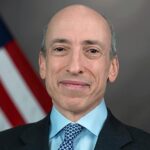

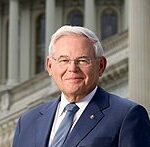

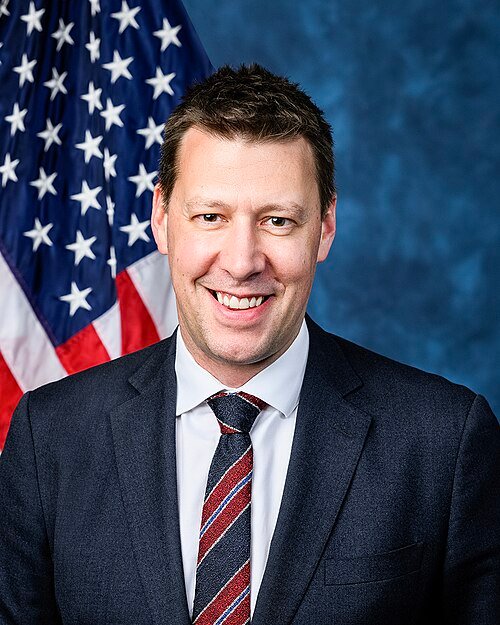
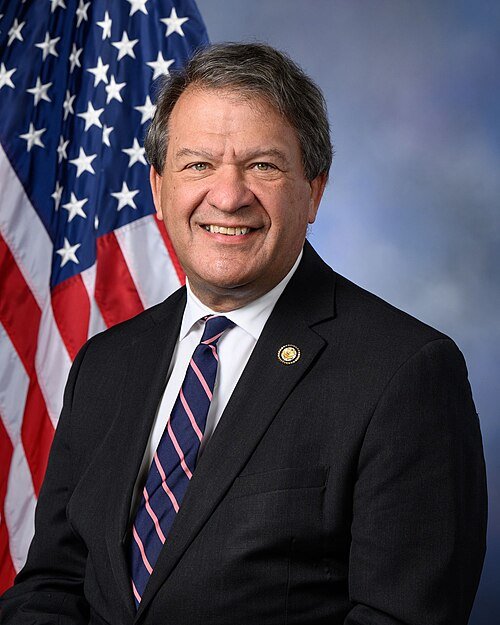
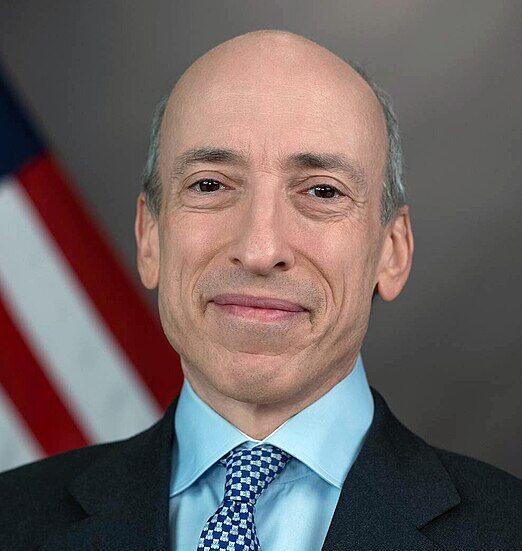
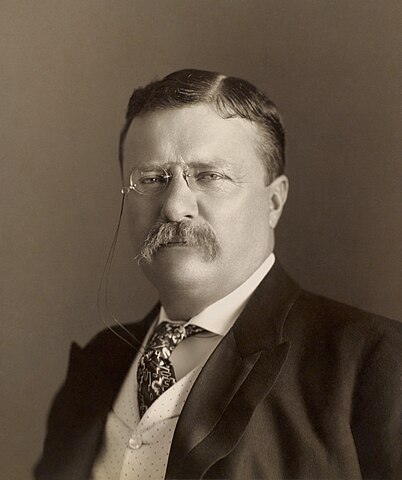
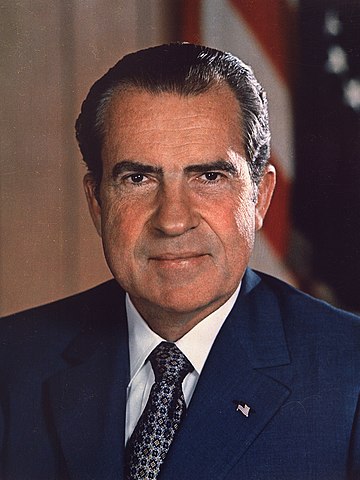
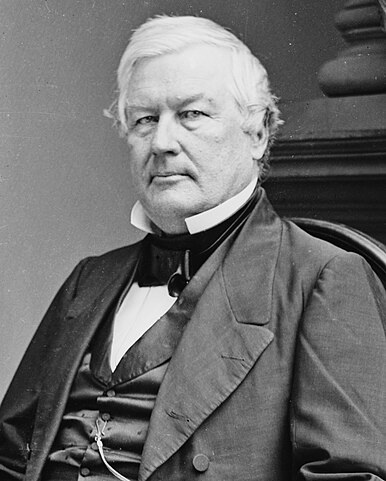
I just don’t feel like Hillary Clinton is looking out for us. I Feel She has her own personal agenda that Doesn’t concern the american people. She seems so transparent. She Claims to have been tough on wall street when she clearly wasn’t. I Don’t Understand How she can be where she is? Every Debate I go in completely unbiased. Listening to both sides seeing if they grab my attention with the same ideals or new good ideas for the american people. Just seems Bernie sanders was Dishing out more options and what can or needs to be fixed in this country while Hillary clinton was just basically saying her vote for me i’ve got experience and a lengthy resume. So i can see her having qualifications but dose she want the job because of the glory or because she really truly cares about every individual in this country?
Her voters are ignorant and careless, idiots. Why? Because time and time again in her career in government, she has proved ineffective, untruthful, and unethical. Her being a woman doesn’t automatically mean she’ll be a great leader. Wake up, people!
Hillary Clinton’s career in government:
1) When she was an attorney working on the Watergate investigation, she was fired by her supervisor for “lying and unethical behavior.” Jerry Zeifman, who is a lifelong Democrat, was a supervisor for 27-year-old Hillary Rodham on the committee. When the investigation was complete, Zeifman said he fired Hillary and refused to give her a recommendation…“Because she was a liar,” Zeifman said. “She was an unethical, dishonest lawyer. She conspired to violate the Constitution, the rules of the House, the rules of the committee and the rules of confidentiality.” On his now-shuttered website, Zeifman said, “Hillary Clinton is ethically unfit to be either a senator or president — and if she were to become president, the last vestiges of the traditional moral authority of the party of Roosevelt, Truman and Johnson will be destroyed.”(Google Jerry Zeifman) 1 job #1 – Failure
2) When Bill Clinton recaptured the governorship in 1982 he appointed his wife to head a special task force charged with reforming Arkansas’ education system, at that time widely regarded as the worst in the country. The plan Mrs. Clinton came up with showcased teacher testing and funding the schools through a sales tax increase, an astoundingly regressive proposal since it imposed new costs on the poor in a very poor state while sparing any levies on big corporations. The plan went through. Arkansas’ educational ranking remained abysmal. 2 jobs – 2 Failures.
3) As First Lady of the United States, Bill gave Hillary another shot:
The Clinton health care plan, known officially as the Health Security Act, was a 1993 healthcare reform package proposed by the administration of President Bill Clinton and closely associated with the chair of the task force devising the plan, First Lady of the United States Hillary Rodham Clinton.
The plan was so wildly unpopular on all levels, it led to the Republicans simultaneously winning both the House and Senate in 1994 for the first time since 1953. 3 jobs – 3 Failures.
4) Hillary’s first ethics problem involving White House operations was “Travelgate”. A memo written by David Watkins depicted Hillary Clinton at the center of the 1993 travel office dismissals. Watkins wrote, “We both know that there would be hell to pay” if “we failed to take swift and decisive action in conformity with the First Lady’s wishes.”
May 19: seven White House Travel Office staffers were fired, for little apparent reason besides to make way for a company owned by Clinton’s friends (Harry Thomason and Linda Bloodworth-Thomason) from Arkansas. Prior to the removal of the previous staff — who historically would carryover from administration-to-administration — Harry Thomason accused Travel Office employees of demanding kickbacks. An accusation later proved false. 4 jobs – 4 Failures
5) May 9, 1996, Hillary Clinton lied about coming under sniper fire as she was landing in Bosnia
Filegate:
This Clinton scandal involves the discovery of over 900 Republican FBI files in the White House. Files of former Secretary of State James Baker, former National Security Advisor Brent Scowcroft, and Newt Gingrich’s spokesman Tony Blankley were found to be on this list. Upon the discovery of these files, the White House issued an excuse claiming that the files were mistakenly requested by a White House employee working with an outdated list. They were called a simple “snafu.” Investigations into Filegate revealed that not a common White House worker but the President’s friend and close advisor, Anthony Marceca, had requested the files. When the presidency starts illegally compiling an enemies list it is a sure sign he is not fit to serve office and that, just maybe, a crime has been committed. Craig Livingstone, director of the White House’s Office of Personnel Security, had improperly requested, and received from the FBI in 1993 and 1994, background reports without asking permission of the subject individuals. Livingstone seemed to lack qualifications for even this position; he had worked on a number of Democratic Party campaigns and transitions, including being an advance man for the Clinton-Gore 1992 campaign,[3] and his only prior job in the “security” field was that of a local bar bouncer at a Washington, D.C., night club .An FBI document suggested that Livingstone had been given his position because First Lady Hillary Rodham Clinton was a friend of Livingstone’s mother and recommended him. In 1999, Clinton gave a sworn statement that she had nothing to do with Livingstone’s hiring.[8] Livingstone also stated under oath there was no truth to the supposed hiring relationship.[8] Hillary Clinton would later refer to the whole files matter as a “pseudo scandal” while we won’t classify Hillary’s involvement here as a job, she certainly did nothing to make a situation better, and it’s rather obvious she helped make it worse.
U.S. Senator from New York: Senator Clinton voted against the two major tax cuts packages introduced by President Bush, the Economic Growth and Tax Relief Reconciliation Act of 2001 and the Jobs and Growth Tax Relief Reconciliation Act of 2003, saying it was fiscally irresponsible to reopen the budget deficit. At the 2000 Democratic National Convention, Clinton had called for maintaining a budget surplus to pay down the national debt for future generations. At a fundraiser in 2004, she told a crowd of financial donors that “Many of you are well enough off that … the tax cuts may have helped you” but that “We’re saying that for America to get back on track, we’re probably going to cut that short and not give it to you. We’re going to take things away from you on behalf of the common good.”
The truth is that Mr. Bush’s deficits were the product of spending, not tax cuts. Ms. Clinton either did not understand economics, or chose to stick to a party line which she knew was incorrect.
By 2003, Bush cut the dividend and capital gains rates to 15 percent each, and the economy responded. In two years, stocks rose 20 percent. In three years, $15 trillion of new wealth was created. The U.S. economy added 8 million new jobs from mid-2003 to early 2007, and the median household increased its wealth by $20,000 in real terms.
But the real jolt for tax-cutting opponents was that the 03 Bush tax cuts also generated a massive increase in federal tax receipts. From 2004 to 2007, federal tax revenues increased by $785 billion, the largest four-year increase in American history. According to the Treasury Department, individual and corporate income tax receipts were up 40 percent in the three years following the Bush tax cuts. And (bonus) the rich paid an even higher percentage of the total tax burden than they had at any time in at least the previous 40 years. This was news to the New York Times, whose astonished editorial board could only describe the gains as a “surprise windfall.” (That the New York Times understood economics no better than Mrs. Clinton is no surprise. Perhaps we should even give Mrs. Clinton some slack if she “learned” any of her economic beliefs from articles in the New York Times, for example, Times contributor/economist Paul Krugman, who recently suggested we can eliminate out debt to China simply by minting a trillion dollar coin. ) Unfortunately, Mr. Bush allowed Congress to spend away those additional tax revenues on matters concerning the wars in Iraq and Afghanistan, immigration, etc., Mrs. Clinton basically voted along party lines. She was neither sponsor nor co-sponsor to any major legislation passed during her 2 terms in the Senate.I see no reason to label her Senate career as a failure, but unless I’m missing something, it seems just like the vast majority of other Senators’ careers…mediocre. Certainly nothing so remarkable as to deserve potential presidential adulation.
5 jobs – 4 Failures 1 wash.
As Secretary of State:
– “Re-Set” button with Russia – How’d THAT work out? – Failure
– “Arab Spring ” – ditto – failure
– Benghazi: it has become apparent that she knew it was terrorist attack while it was happening, yet STILL publicly spoke about the ” video” as the cause for weeks. Supposedly was too distraught to go on the Sunday Morning talk shows the following week, so Susan Rice was sent out to lie instead. If true, and she was “too distraught” to face the nation, how can she be Commander-in-Chief?
Still hasn’t explained why she denied repeated requests for greater security in the weeks and months leading up to the attack (even after Brits were attacked and subsequently left). – Huge failure.
– Investigation into a series of cases involving sexual misconduct by both ambassadors as well as security personnel were called off on the orders of senior State Department officials on Clinton’s watch. Clinton’s chief of staff Cheryl Mills gave the order in one case while other top-level officials stopped other probes. The confirmation of the cases in an internal State Department memo shows a pattern of sexual misconduct—including on the part of those charged with protecting Clinton—that is troubling. But the manner in which higher-ups consistently suppressed these embarrassing investigations is even more worrisome. While Clinton is not personally named as the one ordering the cover-ups, the links between the secretary and those committing the bad behavior as well as those shutting down the probes are clear.
The most egregious in a list of potentially explosive stories involves Howard Gutman, the U.S. ambassador to Belgium who was accused of routinely ditching his security detail and then soliciting prostitutes, including minors. But Patrick Kennedy, the undersecretary of state for management, ordered the investigation shut down. – FailureTotals:
98 major failures covering 6 roles in government
no major specific positive accomplishments
So, what exactly has Mrs. Clinton has done to merit her status as a Presidential candidate ? Note, I don’t consider her having a chance to be elected the first woman President an “accomplishment”. I would love to see a woman President if she’s the most qualified person (male or female ) for the job. I haven’t been able to find a shred of evidence in her government career that shows her to be qualified, let alone the most qualified. She has been given numerous opportunities in high-profile, high-responsibility government jobs. I can’t find one where her performance made things better. There are obviously plenty where things were worse by the time she left.
Can we afford a President with such a track record of failures? Too harsh? Please give me any specific examples of Mrs. Clinton performing a job capably, efficiently, ethically that she left in a better position than it was before she took over. Good Luck.
I admire Hillary for still hanging on, however she needs to withdraw now and strongly support Obama Obama needs all the help in order to beat McCain. We do not need another Bush & Cheney in the White house……….McCain is too old & a warmonger (not to mention his plastic looking wife) MCain is so superficial, because he was a war hero, does not make him fit to be president. There are many many war heroes out there who experienced more horrors than he did. MCain has been in the Senate for over 20 years, what has he done for Arizona? nothing!!! he is the usual ‘old’ politician with nothing but tricks up his sleeves.